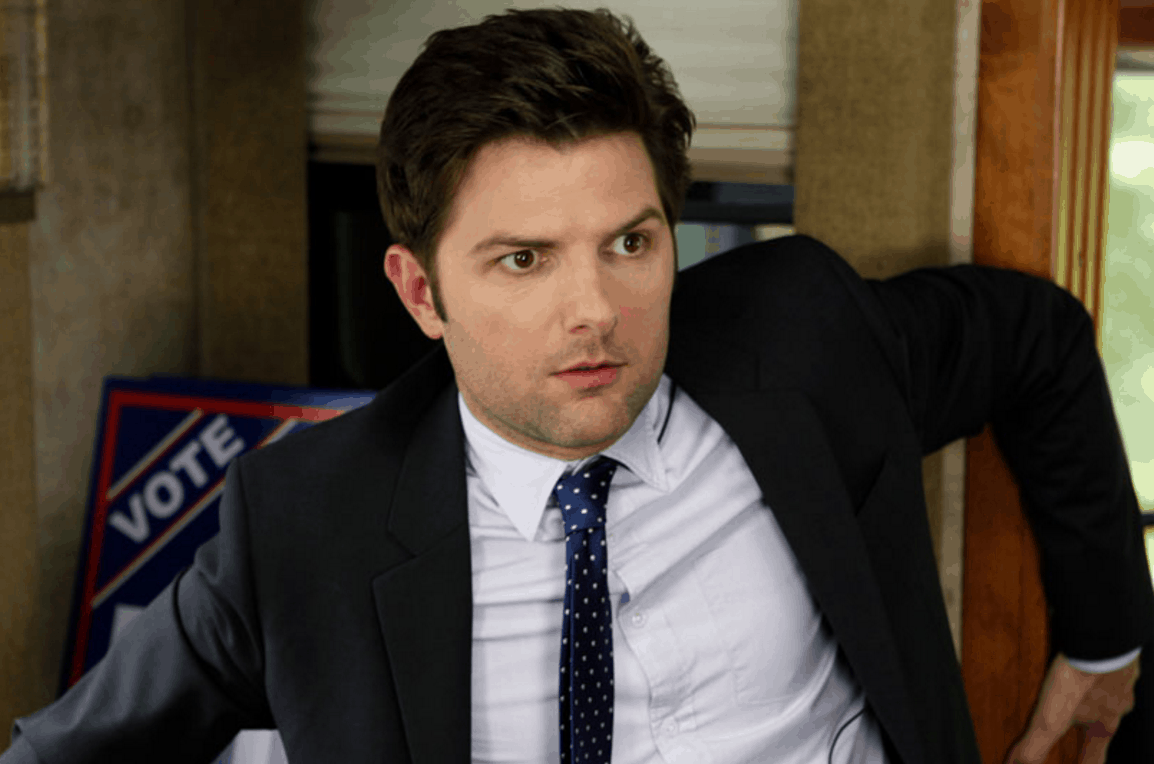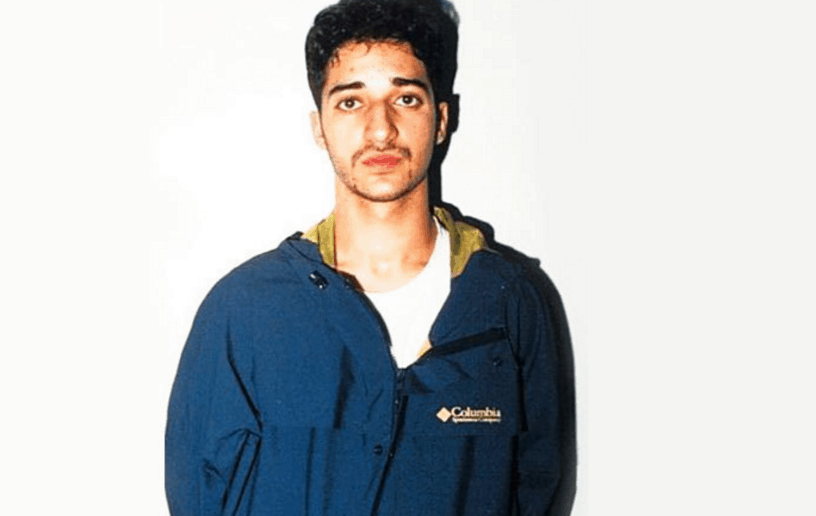
Hillsong: Let Hope Rise is ultimately a documentary designed to win over skeptics. Like Christian-themed blockbusters God’s Not Dead and Woodlawn before it, the music doc seeks to win over the 35 percent of non-Christians who attend religious themed movies.
And while the band and director may have had nonbelievers in mind, the film is powerful enough to win over skeptics of the modern worship movement.
Myself included.
Let Hope Rise follows the members of Hillsong United from the impoverished streets of the Philippines to a posh arena in Los Angeles, as well as back home to their roots in Australia, to unpack the tale of the band whose songs are sung by 50 million people worldwide each weekend.
It’s a difficult tale to tell in a single sitting, especially when the documentary was made with the dual purpose of reaching both a believing and unbelieving audience. Hillsong: Let Hope Rise accomplishes something I thought was impossible. It changed me from a grumbling skeptic to a passionate fan in the space of two hours.
Modern Worship Songs Written by Atheists
My reasons for feeling jaded against the modern worship movement are not without merit. At the age of 19, I made the jump from overnights on a country radio station in Iowa to major market personality for one of the most influential Christian music radio stations in the country.
That gig led to TV hosting opportunities as well as the chance to write for magazines as a music critic. Which means I got a lot of access to artists, A&R reps, songwriters and producers for a firsthand view of how the sausage gets made. What I found is most likely very similar to what you’d find in the pews of any church in America on a Sunday morning: strong Christians, struggling Christians and outright nonbelievers with an alternative reason for being a part of the tribe.
For every artist like TobyMac, Switchfoot, Matt Maher and NEEDTOBREATHE, who made me want to be a better Christian, I met a handful of artists who were either in it for the (extremely minor, when put into context) fame and attention, or were simply products created in a label boardroom.
One artist even had the candor to tell me he’d been signed because a successful songwriter had enough songs and needed someone to sing them who could sell records to middle-school girls.
Along with the cheap fabrication of art, there was a smattering of drug use, one-night stands, shady financial deals and egos run amok by artists who would jump on stage, flip on a switch and “praise the Lord,” often giving canned speeches between songs that drove soccer moms to the merch table to pick up an album so their kids could have “positive role models.”
A friend of mine was married to one of these prominent worship leaders, who confessed to cheating nightly on the road and not believing in God, when he asked her for a divorce. Shortly after I left Christian radio in 2012, indie artist and CCM outsider Derek Webb shared with me how Christian radio wanted more worship songs, so record labels were turning to country music songwriters in Nashville to pen “worship hits.” Those songs were then sung in churches, as Christians around the United States lifted their voices to lyrics written by atheists.
Last time I checked, no matter what kind of band you are, no matter how you’re gifted, no matter what your calling is, if you don’t have a worship song … you will not get played on the radio,” Webb shared.
“So, these bands who have no business writing or recording worship music, because it’s not how they are called or gifted, are doing it because they have to have a radio single. I never thought I would long for a day when Christian music was just bad and kind of irrelevant. Now it’s all that, and offensive too.
Hillsong and the Redeeming of Worship
At some point, I just threw up my hands and denounced modern worship in general. I became suspicious of anyone making a lucrative living off of worship music. I mumbled my way through radio interviews with Chris Tomlin and Hillsong United frontman Joel Houston, unfairly prejudging their motives before they ever walked into the studio.
When I was required by my job to introduce Hillsong at a sold-out concert in Chicago, I retreated to a skybox and scanned Twitter for the show, barely glancing up at the stage, as others poured their hearts out to God.
I thought it was all a spiritual big shell game in the name of the almighty dollar, and I spent years in quiet regret and shame that I’d given all of my 20s to a music genre whose motives I no longer trusted or believed in. When I walked into church each week, I’d often hang out in the lobby while the band belted out those modern worship songs I was convinced existed mainly to fill the coffers of major record labels.
But then I saw Hillsong: Let Hope Rise.
Could it be a propaganda tool to further accelerate the career of a band that’s sold more than 17 million records? Technically, I suppose that can’t be ruled out. But with John Michael Warren behind the camera, the man who helmed the Jay Z documentary Fade to Black and Netflix docudrama series Fearless, it seems nearly impossible. Major Hollywood directors don’t sign up for projects to cover the sins of worship leaders.
The storyline of the film more or less follows the major turns of any VH1 Behind the Music episode. Band gets together, goes further than they’ve ever thought possible, then faces challenges they never thought they would encounter. During the filming, one band member finds out his son will be born a major heart defect, and Joel Houston drives himself half crazy trying to pen lyrics that millions of voices will sing every Sunday.
In short, the viewer gets a front row seat to the tension that makes great art. And if you’re wondering if that narrative can pierce the most skeptical heart, I found my own hand lifted to heaven during a live rendition of their mega-hit “Oceans” in spite of bitterness I carried for years, right in the middle of a movie theater.
Through it all, the members of Hillsong United are careful to point out that the only reason they’ve gone from youth group worship leaders in Australia to superstars playing NBA arenas is because God has sent them into the world with a message of salvation.
Delivering that message doesn’t come without cost. Warren fulfills his director’s role well, showing both the energy of stadium shows and the difficulty that life on the road creates for families. The heart of the film lies in each band member’s attempt to hold fast to humility while playing to thousands with a dedication to the Hillsong brand that would match that of fans at a Drake or Lil Wayne concert.
According to an op-ed by WAY FM morning show host Brant Hanson in the Washington Post, the passionate following has grown out of the fact that bands like Hillsong are so different than the music scene and culture in general.
“But do know that judgment itself is not remarkable. The world swims in it. It’s in the moral air we breathe, in and out of church, religious and irreligious, in every culture and has always been. We’re constantly reminded we don’t measure up.
But grace, well, that’s different. It’s a shock to the system, and a wonderful one, at that.”
Walking out of the darkened theater, I left with the belief that whatever else may muddy the waters of modern worship, this group of Aussies really are fulfilling a divine appointment as hope dealers in a dark and grim world.






















